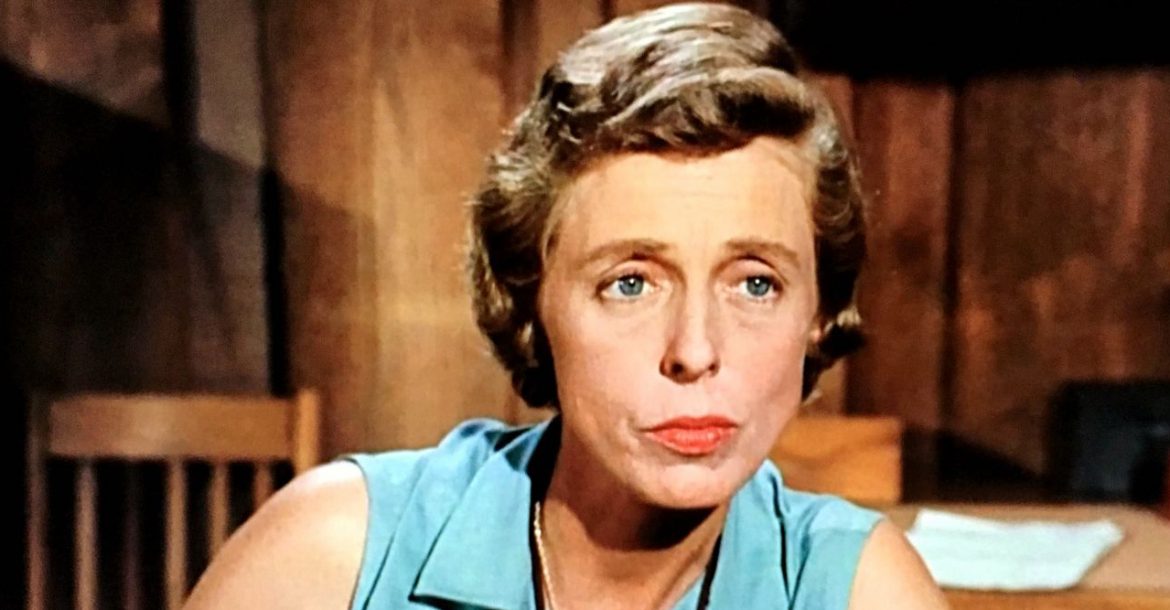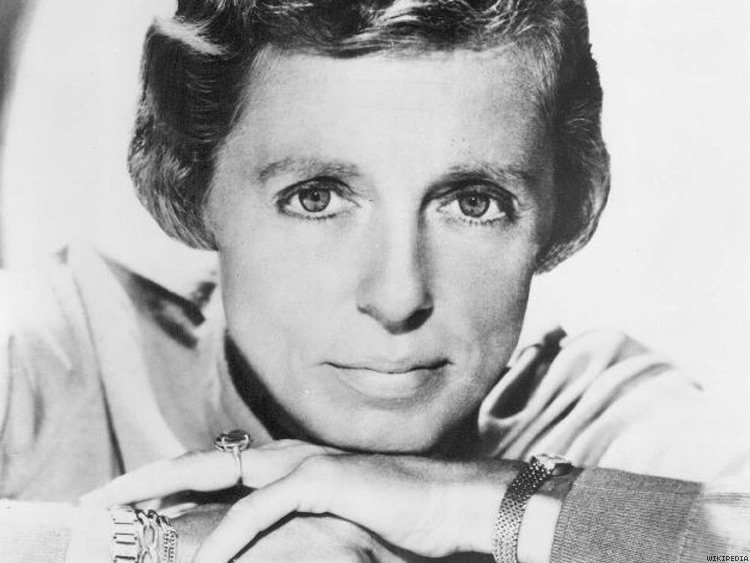Nancy Kulp: The Unseen Life Of A Trailblazer
Nancy Kulp, known for her iconic role as Miss Jane Hathaway on "The Beverly Hillbillies," was much more than just a television star. Her life and career have sparked conversations about sexuality, identity, and representation in the entertainment industry. As a woman who lived through a time when being openly gay was often met with societal backlash, Kulp's legacy is not just about her performances but also about the discussions she inadvertently ignited regarding the LGBTQ+ community. This article delves into the life of Nancy Kulp, exploring her contributions to television, her personal life, and the ongoing conversation surrounding her sexual orientation.
Though Kulp's sexual orientation has been a subject of speculation and debate, her story is a poignant reminder of the complexities individuals face in expressing their true selves. In a world that is increasingly embracing diversity, Nancy Kulp's experiences serve as a lens through which we can examine past attitudes towards LGBTQ+ individuals. As we explore her biography and delve into her impact on culture, we aim to understand how her journey resonates with contemporary discussions about identity and acceptance.
Through various perspectives, this article seeks to answer critical questions about Nancy Kulp's life, her career, and the implications of her identity as a possible lesbian icon. By examining Kulp's legacy, we can better appreciate the strides made in the fight for LGBTQ+ representation in media and the importance of acknowledging the contributions of those who came before us.
Who Was Nancy Kulp?
Nancy Kulp was born on April 28, 1921, in Harrisburg, Pennsylvania. She was an accomplished actress and director, best known for her role in "The Beverly Hillbillies" as Miss Jane Hathaway, the loyal secretary to the wealthy Jethro Bodine. Kulp's career spanned several decades, during which she appeared in numerous television shows and films, earning critical acclaim for her performances.
What Are Nancy Kulp's Personal Details?
| Detail | Information |
|---|---|
| Name | Nancy Kulp |
| Date of Birth | April 28, 1921 |
| Place of Birth | Harrisburg, Pennsylvania, USA |
| Date of Death | February 3, 1991 |
| Notable Roles | Miss Jane Hathaway in "The Beverly Hillbillies" |
| Education | University of Florida |
How Did Nancy Kulp Become a Television Icon?
Kulp's rise to fame began with her performances in various theater productions and guest appearances on television. However, it was her role on "The Beverly Hillbillies" that catapulted her into the limelight. Her portrayal of the smart and capable Miss Jane Hathaway resonated with audiences, making her a beloved character on the show. Kulp's comedic timing and ability to convey depth through her character were instrumental in the show's success.
Was Nancy Kulp Open About Her Sexual Orientation?
Throughout her life, Nancy Kulp was known to have had relationships with women, which has led to speculation about her sexual orientation. In an era when being openly gay was largely taboo, Kulp maintained a level of privacy regarding her personal life. However, her close relationships with women, including her longtime companion, have led many to believe that she identified as a lesbian.
What Impact Did Nancy Kulp Have on LGBTQ+ Representation?
Nancy Kulp's life and career unfolded during a time when LGBTQ+ representation in media was virtually non-existent. While her character on "The Beverly Hillbillies" did not explicitly address issues of sexuality, Kulp's presence as a strong female character in a male-dominated landscape served as a precursor to more diverse representations in television. Her legacy challenges us to reflect on the importance of visibility and representation for marginalized communities.
Did Nancy Kulp's Career Influence Modern LGBTQ+ Actors?
Many modern LGBTQ+ actors credit pioneers like Nancy Kulp for opening doors in the entertainment industry. Her ability to navigate a challenging landscape while maintaining her integrity serves as an inspiration for those who follow in her footsteps. As conversations around representation continue to evolve, Kulp's story underscores the necessity of acknowledging the contributions of past figures who helped shape the industry.
What Can We Learn from Nancy Kulp's Legacy?
Nancy Kulp's story is a testament to resilience and authenticity. While the conversations surrounding her sexual orientation may remain speculative, her impact on television and the cultural landscape is undeniable. By examining her life, we can better appreciate the progress made in the fight for LGBTQ+ rights and representation, as well as the ongoing challenges faced by the community.
How Has Pop Culture Honored Nancy Kulp?
In recent years, Nancy Kulp has been recognized as a trailblazer for LGBTQ+ representation in media. Various documentaries and retrospectives have celebrated her contributions to television and the arts, highlighting her role as a female icon in a predominantly male-driven industry. By honoring her legacy, we ensure that future generations understand the importance of diversity and inclusion in entertainment.
Conclusion: Nancy Kulp's Enduring Influence
Nancy Kulp's life and career serve as a powerful reminder of the complexities surrounding identity and representation. While the question of whether Nancy Kulp was a lesbian may never be definitively answered, her contributions to television and her influence on the LGBTQ+ community are clear. By understanding her legacy, we can appreciate the strides made in the fight for equality and continue to advocate for greater representation in media.
Article Recommendations


